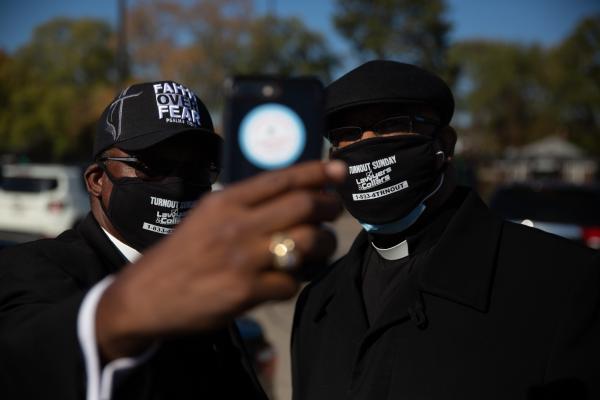Nov 5, 2020
After President Donald Trump falsely claimed victory in the presidential election at 3 a.m. on Wednesday, he continued to share unsubstantiated claims about dumped ballots, mysteriously found votes, and an effort to rig ballot counts.
Read the Full Article

Already a subscriber? Login
